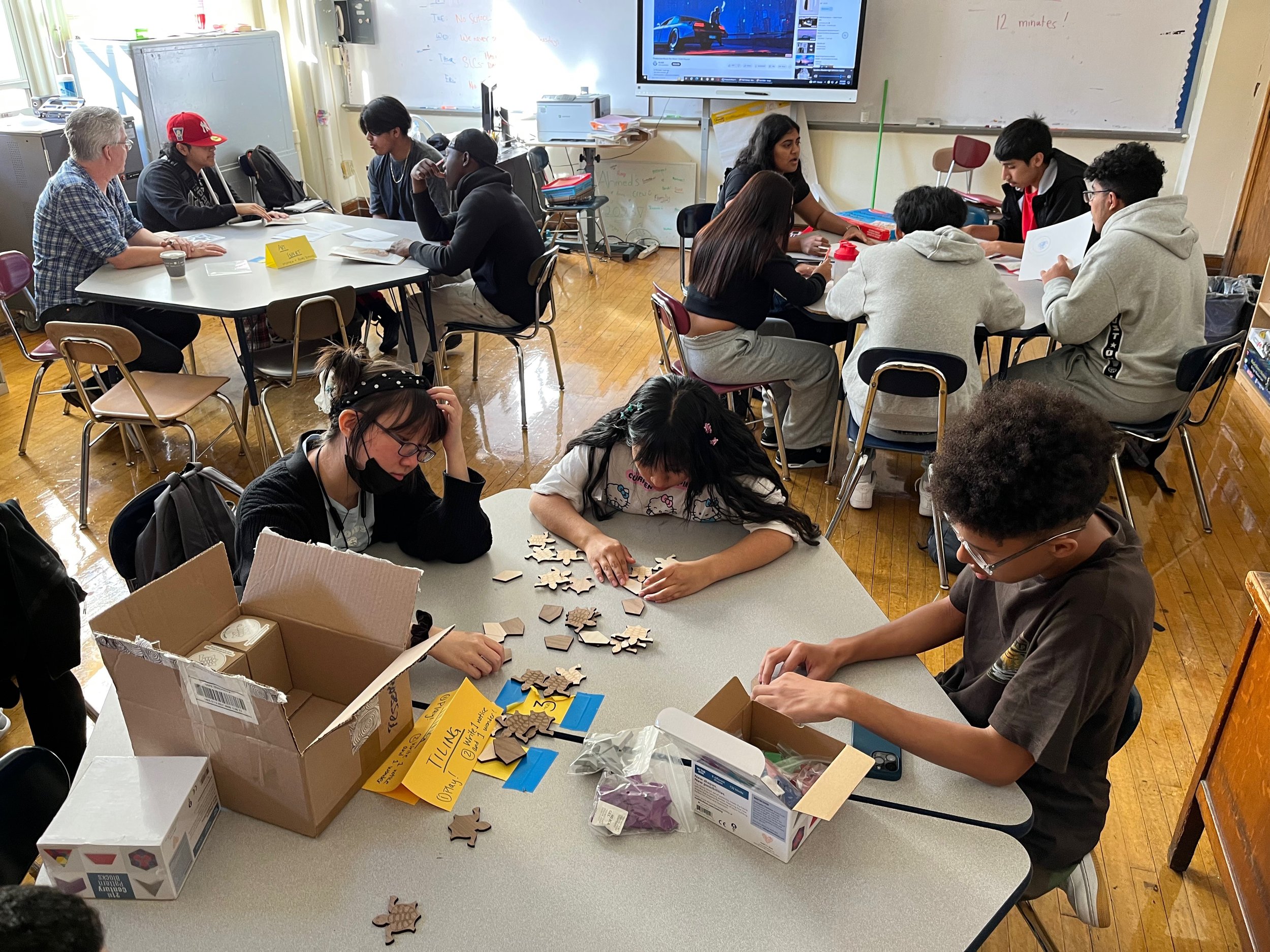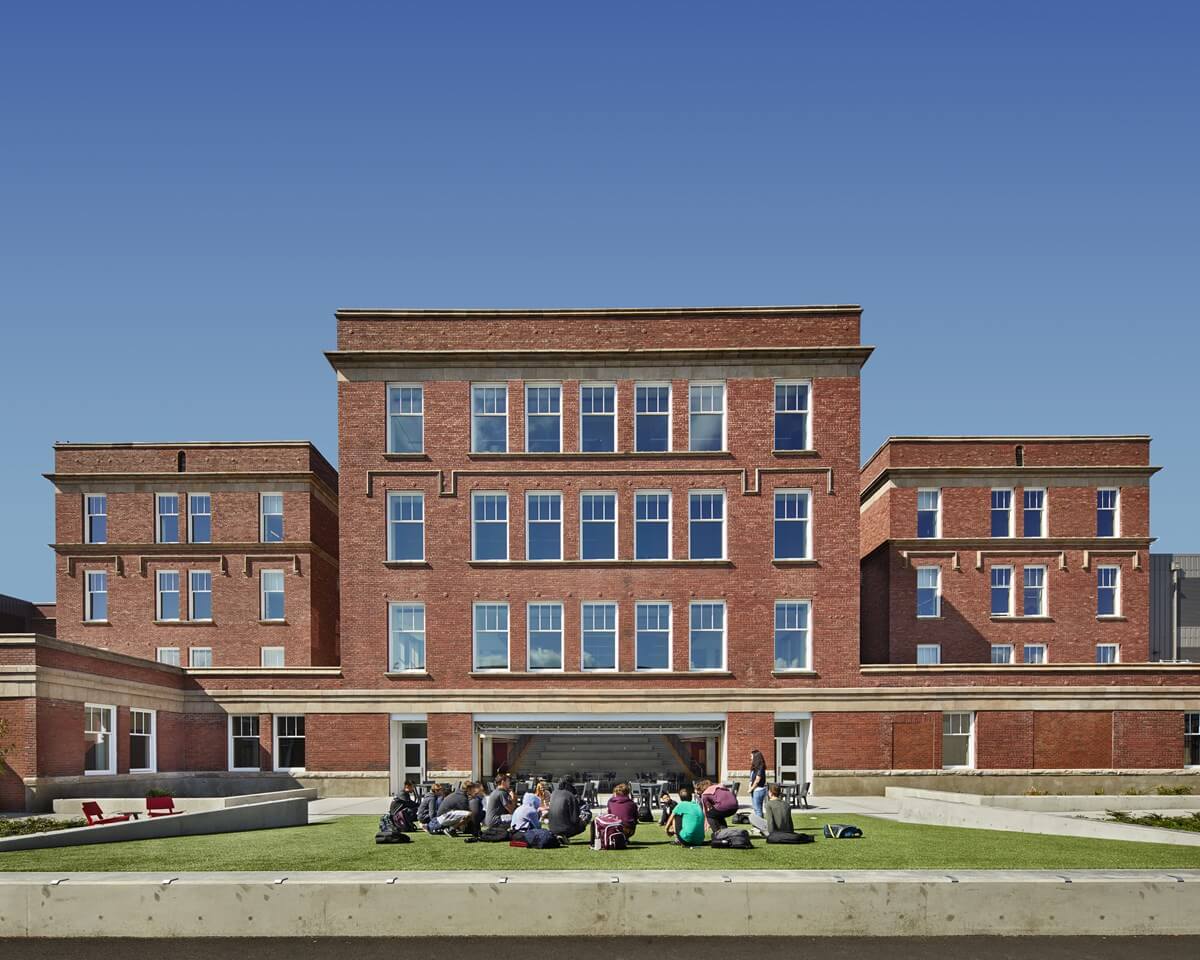Discover the Benefits of Advocacy: Save Temecula Schools
Discover the Benefits of Advocacy: Save Temecula Schools
Blog Article
Just How Schools Play a Vital Function in Shaping Future Leaders and Pioneers
Colleges are crucial fit future leaders and trendsetters via the growing of important reasoning, creative thinking, and cooperation. By incorporating project-based discovering and interdisciplinary research studies, schools test trainees to evaluate and synthesize intricate info. Educators act as mentors, guiding trainees and nurturing their potential, while after-school activities further create leadership skills and strength. This vibrant atmosphere not only focuses on private staminas however additionally stresses the value of synergy, vital for navigating tomorrow's obstacles. Exactly how specifically do these aspects interaction to create a robust structure for future success?
Cultivating Critical Assuming
In today's swiftly progressing globe, fostering important thinking within universities has actually ended up being paramount. As society faces increasingly complicated international challenges, the capability to assess, assess, and manufacture details is vital. Colleges play an important role in establishing these abilities, preparing pupils to navigate and deal with complex issues with notified, reasoned decisions.
To cultivate vital thinking, teachers utilize different pedagogical methods that motivate active discovering and intellectual interaction. Class conversations, problem-based learning, and Socratic questioning are critical in promoting reflective and analytical mind. By testing trainees to interrogate presumptions and take into consideration several perspectives, these approaches ensure a deeper understanding of subject issue past memorizing memorization.
Additionally, integrating critical believing across the educational program enhances its significance and applicability in diverse contexts. Topics such as mathematics, scientific research, background, and literature each deal distinct chances to create trainees' essential faculties. For example, assessing historical events needs examining sources and recognizing context, while clinical questions needs extensive theory screening and evidence-based reasoning.
Inevitably, instilling critical assuming skills in trainees equips them with the cognitive tools necessary for long-lasting discovering and flexibility. It is through this fundamental capability that future leaders will certainly be able to introduce, address issues, and add meaningfully to culture.
Encouraging Imagination
Welcoming imagination within academic structures galvanizes pupils to think beyond standard borders and explore ingenious options. By integrating imaginative endeavors and creativity workouts right into the curriculum, institutions cultivate an atmosphere where originality and imaginative thought are valued. This technique not only improves the instructional experience however also equips pupils with the capacity to tackle real-world difficulties in unique means.
Educational organizations can promote creative thinking through diverse ways such as project-based learning, interdisciplinary studies, and the consolidation of arts and innovation. Project-based learning, as an example, motivates trainees to apply their understanding in functional, usually collaborative, tasks that demand innovative analytical skills. Interdisciplinary studies enable students to draw connections in between different subjects, consequently broadening their perspectives and enhancing their imaginative capacities.
Furthermore, providing students with possibilities to involve with emerging technologies, such as coding and digital style, additionally nurtures their innovative potential. These activities motivate students to experiment, fail, and repeat, which are important parts of the imaginative procedure (Save Temecula Schools). By preserving a helpful setting where testing is encouraged, institutions can ensure that pupils establish the confidence to pursue cutting-edge concepts
Basically, supporting imagination in educational setups is crucial for forming future leaders and pioneers capable of dealing with complicated global concerns with resourcefulness.
Supporting Cooperation

Executing group-based discovering components and participating projects allows students to experience the characteristics of teamwork firsthand. This not only prepares them for the collective nature of modern-day offices but likewise nurtures leadership qualities as they typically need to tackle roles such as task supervisors or group planners. Additionally, collaboration in the classroom can damage down social obstacles and advertise inclusivity, guaranteeing that each pupil really feels valued and heard.
In addition, integrating innovation can further sustain collective efforts. Tools like shared digital work areas and interactive systems make it possible for trainees to interact successfully, also outside the class. As students establish these collective skills, they are much better equipped to take on complicated obstacles and introduce, laying the foundation for their future duties as leaders and trendsetters.
Role of Teachers as Coaches

Mentorship entails individualized interest, where educators identify and support private toughness and address weaknesses. Save Temecula Schools. Via individually interactions, instructors can customize their advice and support to satisfy each trainee's unique requirements, cultivating a feeling of confidence and strength. This personalized method cultivates a growth mindset, urging pupils to view failures as possibilities for finding out and development
Furthermore, educators function as good example, demonstrating the worths of stability, empathy, and willpower. Their mindsets and activities provide a blueprint for pupils to imitate, instilling a sense of ethical responsibility and social recognition. By developing a encouraging and inclusive classroom environment, educators make it possible for pupils to establish interpersonal skills that are important for efficient leadership.
Essentially, the mentorship offered by teachers lays a foundational structure for the advancement of future leaders, furnishing them with the expertise, skills, and worths required to master an ever-evolving world.
Impact of After-school Activities
When integrated properly into the instructional structure, extracurricular activities dramatically boost pupil advancement and management potential. These tasks offer pupils with chances to explore interests beyond the standard curriculum, cultivating a well-rounded ability collection.
Moreover, extracurricular involvement motivates imagination and development. Trainees took part in songs, debate, or dramatization clubs find out to think critically and method problems from diverse perspectives. These experiences impart self-confidence, making it possible for trainees to articulate their concepts and take campaign in various settings. By working together with peers from various histories, pupils additionally develop empathy and communication skills, vital attributes for future leaders.
Research study shows that students Recommended Site entailed in such programs have a tendency to have higher qualities and much better participation records. Therefore, institutions that prioritize a well balanced method to education, integrating durable extracurricular programs, are much more most likely to generate innovators and leaders outfitted to fulfill the challenges of the future.

Verdict
In verdict, institutions considerably shape future leaders and innovators by nurturing crucial thinking, creativity, and collaboration amongst students. By promoting a helpful environment that values private staminas and teamwork, institutions outfit pupils with the necessary abilities to browse future difficulties and drive development.
As pupils develop these collaborative abilities, they are better furnished to deal with complex challenges and introduce, laying the groundwork for their future duties as leaders and pioneers.
By fostering critical reasoning and problem-solving abilities, instructors help pupils navigate intricate difficulties, preparing them for leadership functions in various areas.
By teaming up with peers from different histories, trainees also create compassion and communication abilities, necessary characteristics for future leaders.
In conclusion, institutions considerably form future leaders and trendsetters by nurturing essential thinking, creativity, and partnership among pupils. By fostering an encouraging atmosphere that values specific staminas and synergy, institutions outfit trainees with the essential skills to browse future obstacles and drive technology.
Report this page